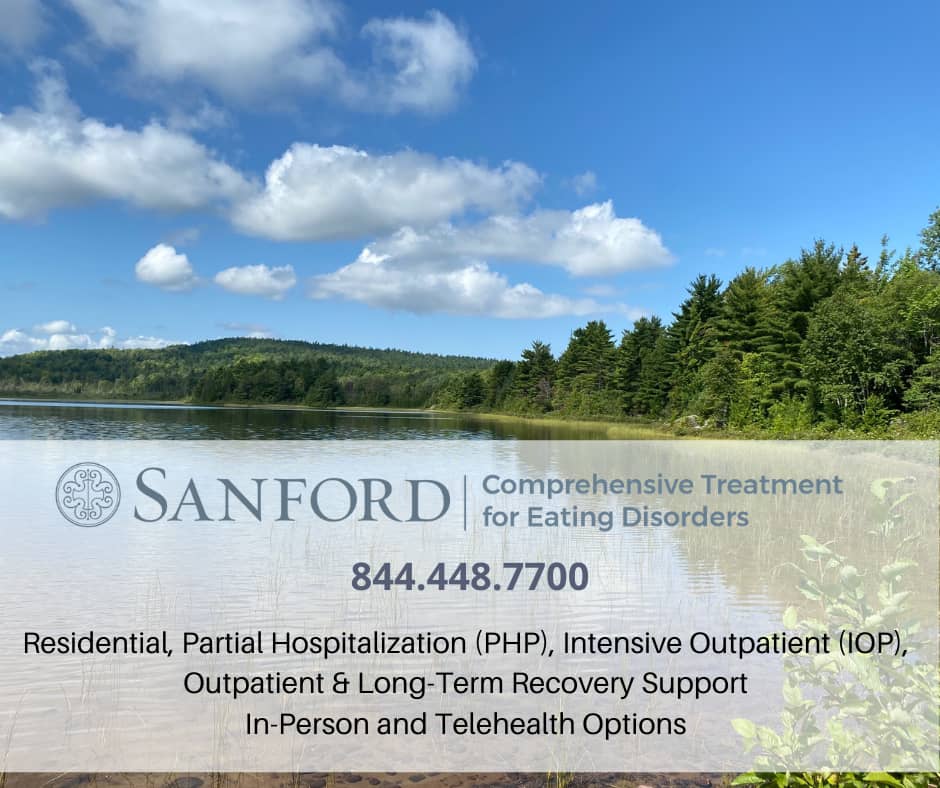The Rise of Orthorexia – Healthy Eating on Steroids

And more than anything else, model balance in your approach to eating and activity.
Orthorexia is a variation of anorexia nervosa which presents as an obsessional desire to eat only “healthy” or “clean” foods and a preoccupation with exercise. Although the initial presentation may be different from traditional anorexia, the core issue – an unhealthy fear of weight gain – is the same.
“Adolescents are a nutritionally vulnerable population; eating disorders are more common among adolescents and young adults. Orthorexia nervosa (ON) is a non-formally recognized condition characterized by an obsessive preoccupation with eating healthy and “pure” foods; the quality and not the quantity of food is pivotal in ON. ON is a complex entity which can be associated with severe diet restrictions, a negative impact on social relationships, and with physical and mental health conditions, including obsessive–compulsive disorder.” National Institutes of Health (NIH) 2022
Orthorexia
We have all heard the well-meaning comment, “You look great. Did you lose weight?” Sometimes parents, partners, teachers, even physicians will be complimentary when a loved one or other connection shows visible weight loss. For those who fear weight gain, this sense of attention and approval can accelerate the behaviors, and weight loss will continue. Like other forms of eating disorders, the behaviors increase and spin the individual into an obsessional pattern which can be difficult to break.
Orthorexia can have deadly consequences. Eating disorders have the second highest mortality rate of any psychiatric disorder, eclipsed only by opioid overdose. Severe eating disorders can stunt growth, limit ability to develop bone density, and interrupt brain development. Consequently, this can cause lifelong problems, even if the person eventually recovers. It is also true that the longer an eating disorder remains untreated, the more entrenched the adolescent becomes in their behaviors.

In truth, no foods are good or bad.
Diet Culture and Treating Young People
When young people are struggling it is important for a well-trained, professional eating disorder team to begin treatment as soon as possible. At Sanford Comprehensive Treatment for Eating Disorders (SCTED), our multidisciplinary team is made up of a psychiatrist, physician, doctor of clinical nutrition, PA’s, registered nurses, clinical therapists, registered dietitians, and certified therapeutic recreational specialists.
Eating disorders almost always begin as a seemingly innocent desire to be healthy and lose weight by going on a diet. Not only is dieting seen as normal in our culture, where we are all preoccupied with weight, it is also viewed as harmless. Dieting – which really means restriction of food intake – is NOT harmless, particularly in children and adolescents.
And for those who have the genetic predisposition, dieting and losing weight can uncover a brain ripe for a developing eating disorder. The diet opens a Pandora’s box which is difficult to close. Thoughts and behaviors will accelerate and intensify. Although the individual may not believe anything is wrong, others around them will become concerned as they watch their loved one become angry, anxious, depressed, and withdrawn. For this reason, individuals with anorexia or orthorexia are generally brought to treatment by someone else. They will also be resistant initially to attempts to help them change.
~~~~~~~~~~~~~~~~~~~~~~~~~~~~~~~~~~~~~~~~~~~~~~~~~~~~~~~~~~~~~~~~~~~~~~
For more information on Eating Disorders:
Soul Hunger, Eating Disorders and a Historic ED Treatment Center
Teen Eating Disorders on the Rise
Whack a Mole – Eating Disorders and Addiction Treatment
~~~~~~~~~~~~~~~~~~~~~~~~~~~~~~~~~~~~~~~~~~~~~~~~~~~~~~~~~~~~~~~~~~~~~~
Developing a Balanced Approach to Food
A recent article in “Eating Disorders in the News,” a monthly publication of the International Association of Eating Disorder Professionals (iaedp) described a “learned culture of disordered eating” in Ireland where the incidence of orthorexia is on the increase. Dr. Kielty Oberlin warns. “If we want our kids to develop a balanced approach to food, we need to practice it ourselves.”
In most Westernized cultures, including the U.S., adults are over-promoting “healthy eating.” This encourages food to be labeled as “healthy or unhealthy,” or even “good or bad.” Because children and young adolescents tend to see the world in black and white terms, this way of thinking about food can feel attractive to them. In truth no foods are good or bad. Therefore, young people need to learn about moderation, variety, and balance in the way they eat.
The Sanford Family Program
At SCTED, we engage the families of our patients in treatment. And through our Family Program we provide education and resources to the loved ones of our patients. A support system is critical to recovery from an eating disorder.
How Can Loved Ones/Adults Model this Balanced Approach?
- First, do not engage in any restrictive or fad dieting. This includes, Keto, Whole 30, juicing, or cleanses.
- The key question to ask when adopting a new eating pattern is, “Can this become a sustainable lifestyle change?”
- Is there is a medical reason food intake needs to be adjusted, such as high cholesterol, heart disease, or diabetes? If so, get instruction from a registered dietitian who understands eating disorders Even physicians are often not the best source of nutritional information and can have their own biases as to weight and shape.
- Exercise in moderation. If you or your loved one insist on exercising daily, or multiple times per day even in inclement weather, dangerous outdoor conditions, or when injured, this is a warning sign that exercise is becoming obsessional and unhealthy.
- We should all practice movement for the joy it brings, not to alter our natural size and shape.
- Also, avoid making disparaging comments about your own body. Do not comment on the weight of others, even strangers.
- STOP WEIGHING YOURSELF. There is accumulating evidence that weight alone is not predictive of good health.
- In the same way, do not make negative, judgmental comments about your own eating habits. “I was really bad yesterday. I have to watch it today;” or “that dessert was sinfully rich” make eating and food a matter of morality.
Social media and our culture surrounds us with messages that “thin is best.” Make your children media savvy so they can deflect harmful media messages. And more than anything else, model balance in your approach to eating and activity.




